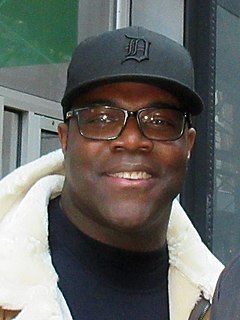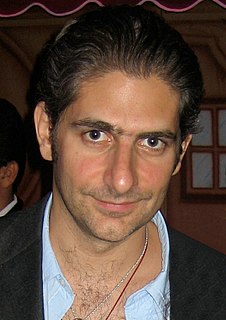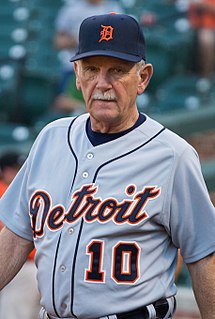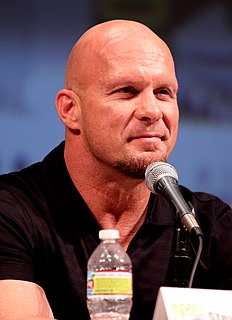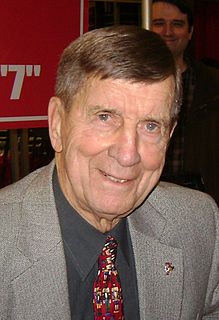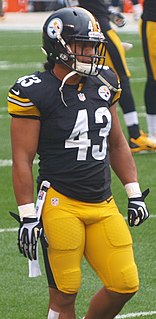A Quote by John Gourley
There's something about Detroit, man: there's a serious vibe there. It could be that blue-collar, working-class-mentality person who lives out there. There's just something about it. It reminds me of Alaska. Texas has the same thing. Detroit is a little heavier than both.
Related Quotes
Detroit was an exaggeration of what was going on across the country. You could see the divisions, even within the Civil Rights Movement of that period. At the same time that Martin Luther King was talking about his dream, Malcolm X gave his most famous address in Detroit during that same period, "The Message To The Grass Roots," dismissing the notion of integration.
From my perspective, we actually have to have a stronger, bolder economic message that's not just for white working-class voters, but for people who don't go to college who are white, black, Latino, or wherever. We have to communicate that we care about Detroit and Appalachia, and people suffering in both are problems for the country and a problem for the Democratic Party, not just one or just the other.


